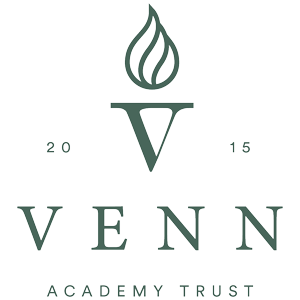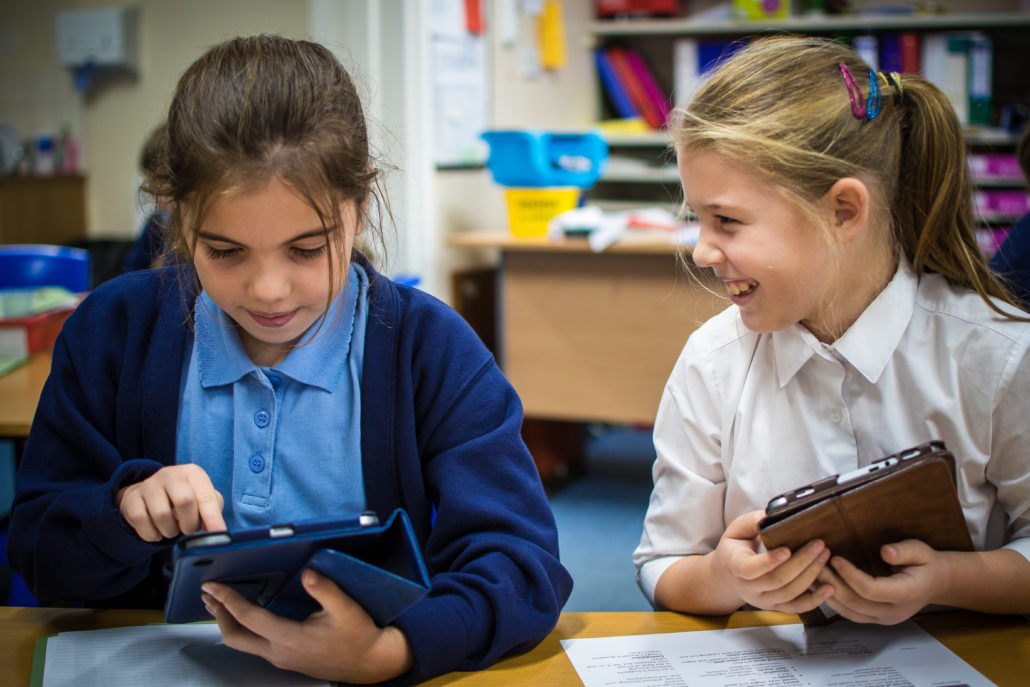The CASE curriculum
When the children return to school there needs to be a Recovery Curriculum in place; this is because daily routines will have faded and any known curriculum framework will need to be different.

The Coronavirus pandemic occurred extremely swiftly and has impacted across every layer of society without discrimination. The country moved to a period of lockdown with school access reserved exclusively for children of keyworkers or those that are vulnerable.
Therefore, there are a wider group of pupils in the systems that have undergone a traumatic event with respect to Covid-19. The impact has been significant for pupils, parents, and school staff because their school year ended abruptly; with that in mind, schools need to focus on anticipating the challenges and opportunities that will have arisen regarding the pandemic to minimise the risks and to develop a proactive strategy to support pupil in their return to school (Morrow-Howell et al, 2020).
In the first instance, schools will have supported pupils through a remote learning approach either sending work packs home or posting work via their website or through email (Google Classroom). Establishing a semblance of routine has been extremely important and school staff will be probably using online instruction for the first time (Morgan, 2020).
However, it is inevitable that pupils will fall behind experiencing anxiety about work and the fear of coronavirus. Venn has undertaken a review of the current literature to understand how it can support pupils post-pandemic adopting a compassionate leadership model to embrace a new way of teaching and learning (Carpenter, 2020).
When the children return to school there needs to be a Recovery Curriculum in place; this is because daily routines will have faded and any known curriculum framework will need to be different.
Children’s familiarity of routine will have dissipated and for many children the loss of structure will have serious consequences for their mental health and well-being. A key factor for parents who have been encouraged to establish clear routines for home schooling. Children need to know what they are doing now and what will come next.
Children will have experienced loss as a common lived experience and with these considerations in mind we have developed a curriculum that is based on the recovery curriculum (Carpenter, 2020).
The recovery curriculum is based on five key levers:
Venn’s approach
Venn has taken these principles and changed them in to four areas called the CASE curriculum to support pupils:
References
Bennett, T., (2020) Rebooting behaviour after lockdown: advice to schools reopening in the age of COVID-19, http://behaviourguru.blogspot.com/2020/05/rebooting-behaviour-after-lockdown.html
Bryce, C., Ring, P., Ashby, S., & Wardman, J., (2020): Resilience in the face of uncertainty: early lessons from the COVID-19 pandemic, Journal of Risk Research, DOI: 10.1080/13669877.2020.1756379
Carpenter, B. et al (2015) ‘Engaging Learners with Complex Needs’, London, Routledge.
Education Endowment Foundation, (2020) Metacognition and self-learning, London.
Education Endowment Foundation, (2019) Improving behaviour in schools, London.
Liberty, K., (2018) ‘How research is helping our children after the earthquakes.’ https://www.healthprecinct.org.nz/stories/how-research-is-helping-our-children-after-the- earthquakes/ (accessed 14th April, 2020.)
Morgan, H., (2020) Best Practices for Implementing Remote Learning during a Pandemic, The Clearing House: A Journal of Educational Strategies, Issues and Ideas, 93:3, 134-140, DOI: 10.1080/00098655.2020.1751480
Rae, T., (2020) Using the Transition Tool kit to support year 6 reintegration post Covid-19, https://barrycarpentereducation.com/2020/04/23/the-recovery-curriculum/: accessed Friday 15 May 2020.
Yarımkaya, E., & Esentürk, O., (2020): Promoting physical activity for children with autism spectrum disorders during Coronavirus outbreak: benefits, strategies, and examples, International Journal of Developmental Disabilities, DOI: 10.1080/20473869.2020.1756115
Young Minds (2020) Coronavirus; the impact on young people with mental health needs, www.youngminds.org.uk





